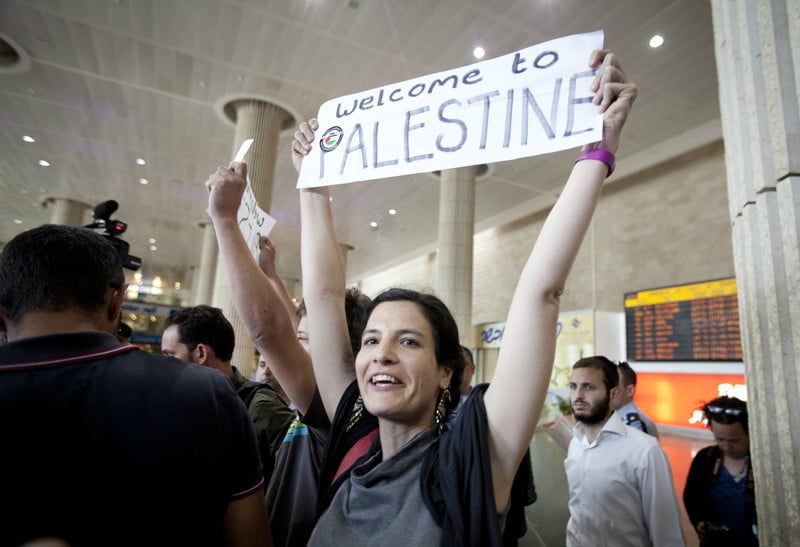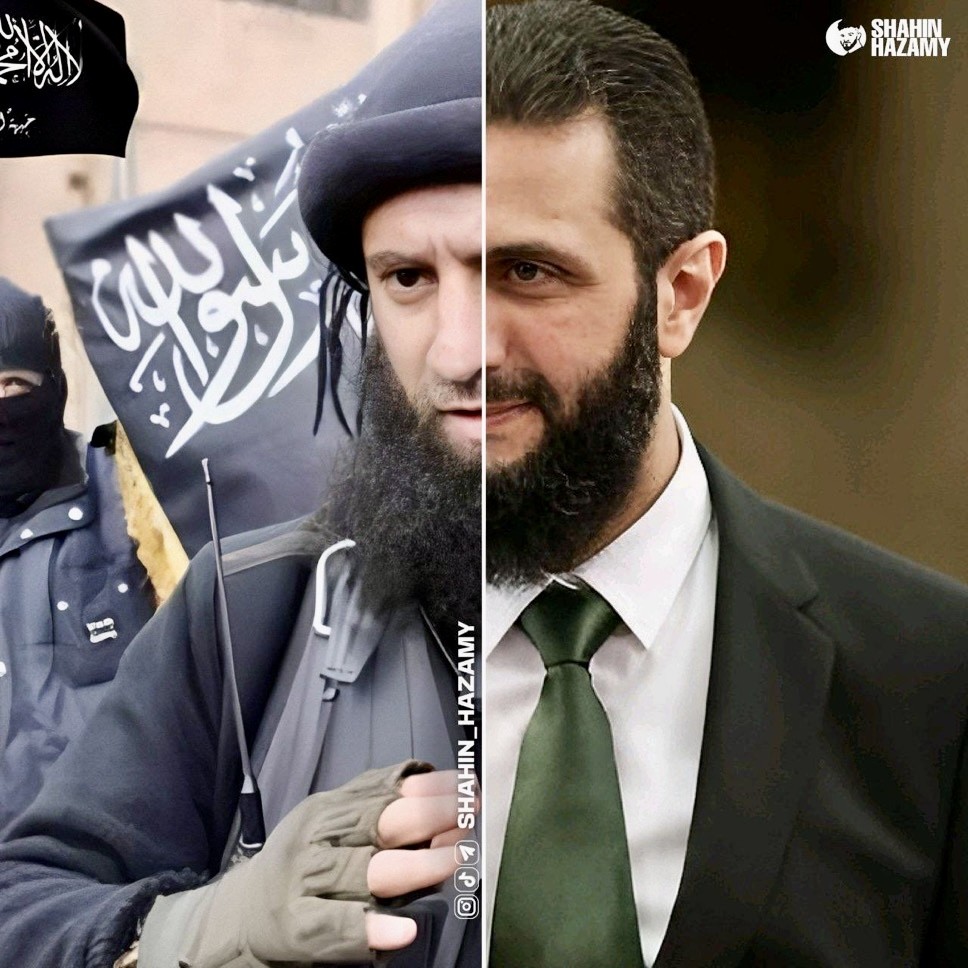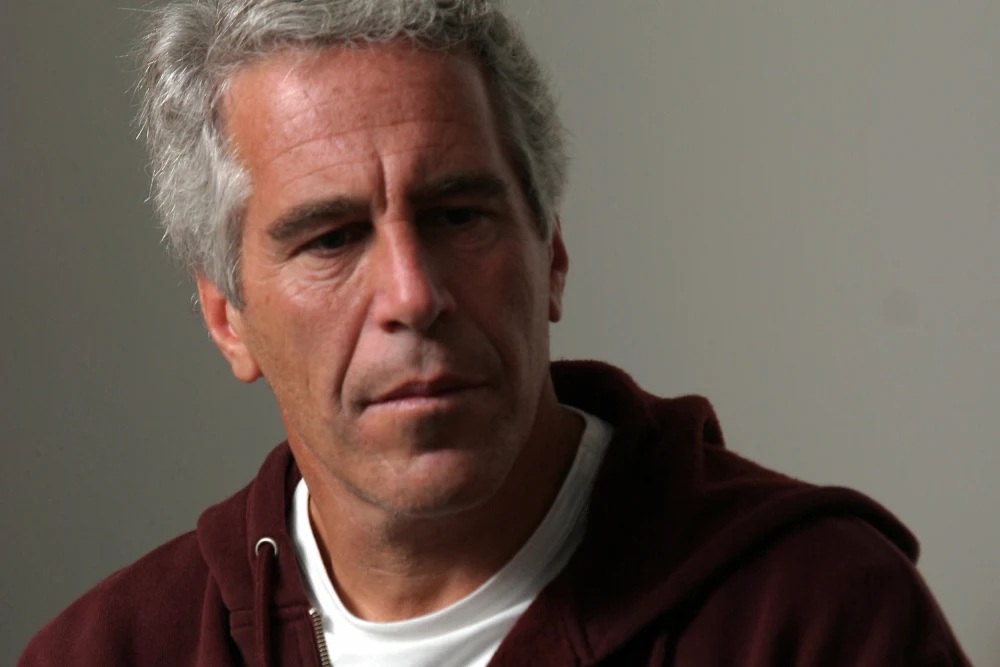
In April, The Cradle revealed how British intelligence outfit ARK has secretly infiltrated Lebanon’s myriad refugee camps in Beirut, and exploited local residents as unwitting foot soldiers in London’s never-ending clandestine war against the Lebanese state.
By Kit Klarenberg
But ARK isn’t the only Foreign Office contractor that malignly penetrated these spaces. Torchlight Group – a “global provider of security, stability, and the rule of law solutions,” which manages covert Whitehall projects in Afghanistan, Nigeria, Pakistan, Tunisia, and elsewhere – is also active in refugee camps across Lebanon.
The Cradle’s readers will already be familiar with Torchlight – a deeply sinister security contractor, staffed by veteran British soldiers and spies with high-level security clearances, which has invaded and occupied Lebanon’s military intelligence unit in order to ensure the steady and open transfer of sensitive information gathered on Lebanese citizens back to Britain, for unknown ends.
Refugee or recruitment camps?
A similarly insidious approach is evident in Torchlight’s work in Lebanon’s refugee camps. It runs a “Counter-Daesh [ISIS] Communications Campaign” in these zones, ostensibly in order to “undermine the reputation of Daesh and strengthen the resistance of individuals and communities to its influence.”
However, leaked documents make clear that in reality, this amounts to a wide-ranging surveillance and information warfare operation, again ultimately concerned with recruiting refugees to do London’s dirty work without their knowledge or consent.
“Don’t mention the client”
In a classified file setting out the project’s terms, the Foreign Office was at pains to stress the need for intense secrecy, warning “the material contained within…is sensitive,” and recipients may only share it within their own organizations, even then “only with those persons who need to see it in order to implement the project.”
“You may only speak…in general terms when seeking local partners. You may not mention the client is [the British government],” the document states. “You must seek prior consent before discussing this…with foreign governments. The implementer is not permitted to advertise or speak publicly about their work without written permission…This will be enforced by a Non-Disclosure Agreement.”
A leaked file declares that the campaign’s “sensitive” nature could put the Foreign Office and Torchlight alike “into a situation where inappropriately framed publicity of any sort, actual or fictitious illicit activity are connected to our delivery.”
This in turn might require the “extraction” of staff “for a protracted period or the transfer of delivery to another organisation,” due to the “potential stigma” associated with working for London.
In response, Torchlight repeatedly pledged to “maintain constant vigilance,” and “at no stage” would it “disclose [Britain’s] involvement in this programme.”
The roots of extremism
One might reasonably question the need for such stealth and concealment, given the program apparently aims to achieve positive ends. After all, it is officially concerned with ensuring refugees aren’t manipulated by Daesh propaganda into joining its international “jihad,” and London has openly boasted in official communications of its “leading role” in countering the terror group’s recruitment and indoctrination globally.
Some clue to this riddle is offered in Torchlight’s discussion of the purported causes of “radicalization” in the camps, for the intelligence cutout acknowledges the reasons residents can be driven to extremism and violence have nothing to do with Daesh propaganda, and in fact primarily relate to an “acute lack of empowerment,” in Lebanon and “absence of mechanisms through which [refugees can] express their interests and grievances in a peaceful manner.”
In support of this conclusion, Torchlight cites a 2017 United Nations study of Palestinian refugees aged 10 – 24, which found “their political status with lack of civil rights, insecurity and the dire conditions of the camps limit their opportunities and aspirations in education, affect their health and trap them in hopeless situations with poor emotional wellbeing.”
“This is further amplified by social deprivation faced by Palestinian refugees, coupled with a recurring and dominant discourse in regional and international media labelling [refugee camps] as unstable and unsafe spaces, dominated by extremist and violent networks,” the firm recorded.
“This…creates a feeling of ‘otherness’ both toward and within Palestinian youth living in the camps, which is one of the prime ‘pull’ factors that could eventually lead to radicalisation of the youth.”
This adverse situation is said to have “worsened” due to the influx of refugees from Syria – who are judged to be “more vulnerable” to radicalization, and exhibit “concerning behaviours” – without any consideration that the deluge stems directly from long-running western efforts to destabilize and depose the government of President Bashar Al-Assad, of which London has long-been a leading sponsor and proponent.
Countering extremism via covert propaganda
As part of its efforts to target refugees in Lebanon for potential recruitment, Torchlight proposed a “multi-channel approach,” citing research which found the three most common leisure activities among camp inhabitants were “meeting up with friends, watching TV, and spending time on the internet.”
“One of the key sources of information and information-sharing remains person-to-person trusted interactions. This is entirely reflected in our approach,” the company stated.
As such, Torchlight pledged “to lever [sic] the power of youth activism, peer influence and social engagement, through capacity building and the development of skill sets – all focused around critical thinking,” via the clandestine sponsorship of skills workshops, community action projects, debate clubs, and content production in Lebanese refugee camps.
These initiatives were to be delivered by Torchlight’s network of local “partners,” including Amnesty International, Jafra Foundation, Lebanese Development Network, Palestinian Human Rights Organisation, “refugee-run media platform” Palestinian Refugee Portal, the Samir Kassir Foundation and Statistics Lebanon.
Meanwhile, the elite, top tier Quantum Communications, a Lebanese “media and advisory firm” heavily involved in the country’s 2005 color revolution that installed a pro-west government, was to serve as the project’s “content production hub,” among other things, creating and disseminating “Al Jazeera+ style one-minute videos which aim to initiate critical thinking and rejection of violent extremism” among camp residents.
Such seemingly constructive endeavors, though, aren’t in fact at all concerned with community cohesion. For example, Torchlight discusses plans to convene 70 workshops across all 12 Palestinian refugee camps in Lebanon.
Participants in these events were to be invited to join a private Facebook group, “through which they can discuss common and shared interests, seek support and advice from one another, and benefit from an improved sense of community solidarity and resilience.”
Which would be all well and good, except Torchlight ominously promised that activity on this group would be “closely monitored,” a disclosure partially highlighting the true purposes of the contractor’s mission in Lebanon.
Just as the company’s dark handshake with Lebanese military intelligence allows London to train an unblinking, unseen eye on Lebanese citizens, a clandestine foot in the door of Lebanon’s refugee camps – fittingly dubbed “spaces of exception” and “no go zones” in Torchlight’s internal documents – permits the Foreign Office to monitor and resultantly mobilize their inhabitants to further Britain’s murky objectives.
‘Strong relationships’ with militias
As the first installment of this investigation showed, refugees were considered an “important part” of British connivance in Lebanon.
By enforcing “principles of active citizenship” among camp inhabitants, London sought to enhance their “confidence in their own ability to contribute to social change” so as to “influence them” to take matters into their own hands, and engage in “contentious politics” facilitating the Lebanese government’s overthrow.
The July 2019 protests in refugee camps encouraged by ARK provided the igniting spark of the “October Revolution,” which duly erupted three months later across Lebanon.
That Torchlight had similar ambitions is rendered all the more disquieting given its avowed “excellent relationship” (via its NGO partners) with extremist groups maintaining “de-facto control” over Lebanon’s refugee camps.
Such factions include Asbat Al-Ansar, Jund Al-Sham, and Fatah Al-Islam, which were said to have previously carried out attacks against the Lebanese Armed Forces (LAF) and Internal Security Forces (ISF), which is in turn heavily infiltrated by British intelligence, as previously revealed by The Cradle.
Did British intelligence wish to enlist the services of these factions in its influence efforts in Lebanon too? It is worth noting that suspicions have been previously expressed as to whether Jund Al-Sham was involved in a September 2006 false flag attack on the US embassy in Damascus.
Human rights vs self-interest
Torchlight’s intimate bond with that brutal clique only raises further questions about who or what is ultimately financing and directing Jund Al-Sham’s activities, as does the contractor’s refugee camp exploits being bankrolled by Britain’s controversial Conflict, Stability, and Security Fund (CSSF).
In February 2017, a parliamentary report concluded there was significant risk CSSF was “a ‘slush fund’ for projects that…do not collectively meet the needs of UK national security,” and at least some of the money it allocates “will go missing or be linked to groups that may carry out human rights abuses.”
Whatever the truth of the matter, London was evidently unconcerned about its on-the-ground representatives being in extremely close quarters with violent elements – as any government would be if it was serious about countering extremism. Britain evidently isn’t, so long as its ideological and financial interests can be furthered as a result.
Source: The Cradle





